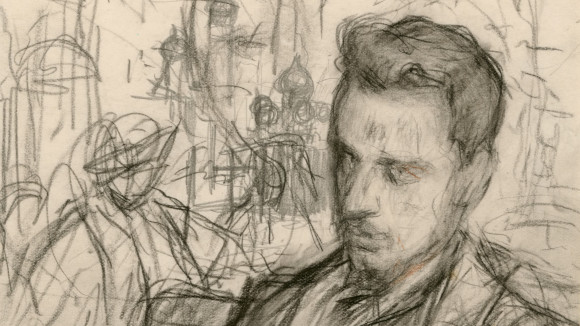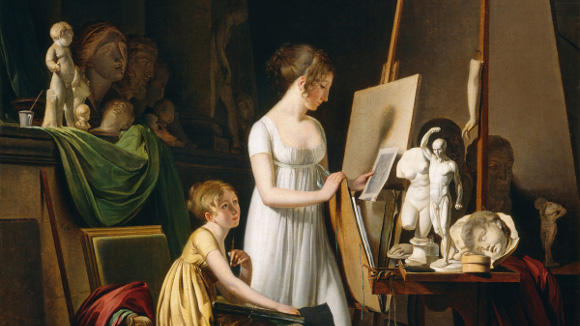Letters to a Young Poet, Rainer Maria Rilke

Portrait drawing of Rainer Maria Rilke, Leonid Pasternak, 1901
Do you remember how this life of yours longed in childhood to belong to the 'grown-ups'? I can see that it now longs to move on from them and is drawn to those who are greater yet. That is why it does not cease to be difficult, but also why it will not cease to grow.
It's been a while. Let's ease back into our reading with a short one, a miniature jewel: the poet Rainer Maria Rilke's ten letters written to Franz Xaver Kappus in the years 1903–1908 (Yes, that's very modern by our standards. We'll let it slide this time). Kappus, an unhappy officer cadet who dreamed of living the life of a poet instead, sent some of his verses to the already published and somewhat famous (although almost as young as himself) poet Rilke asking for criticism and advice. He didn't get criticism (“any critical intention is too remote from me”, says Rilke) but of advice he got plenty. And what advice it is!


